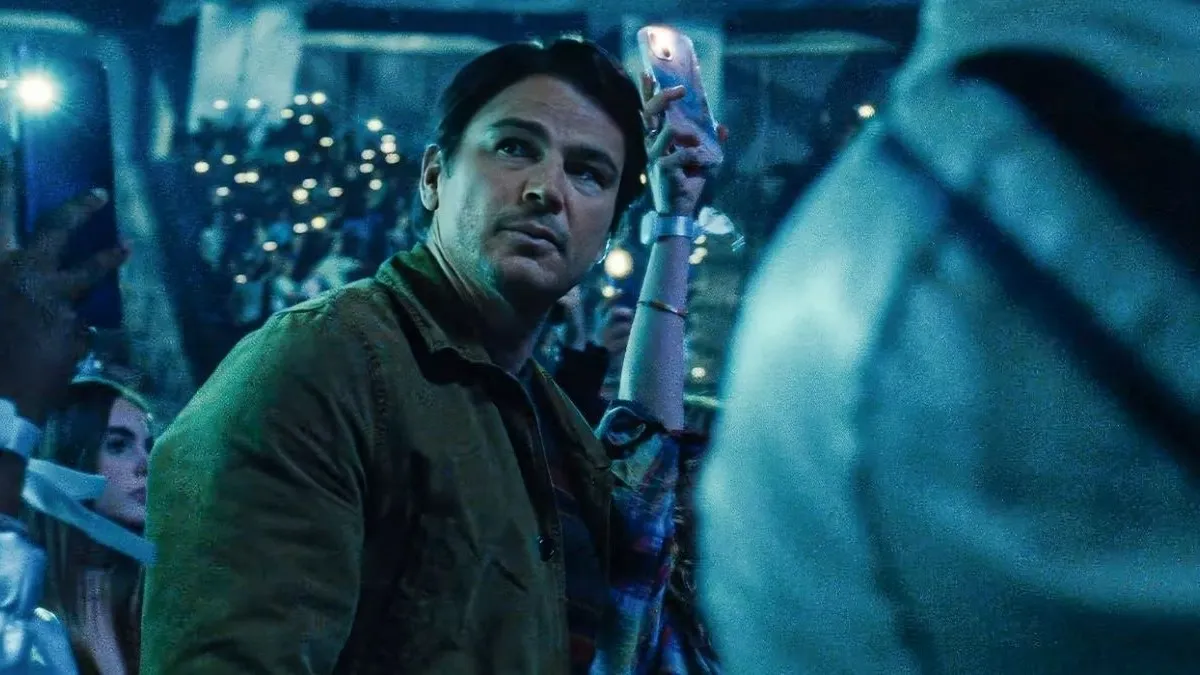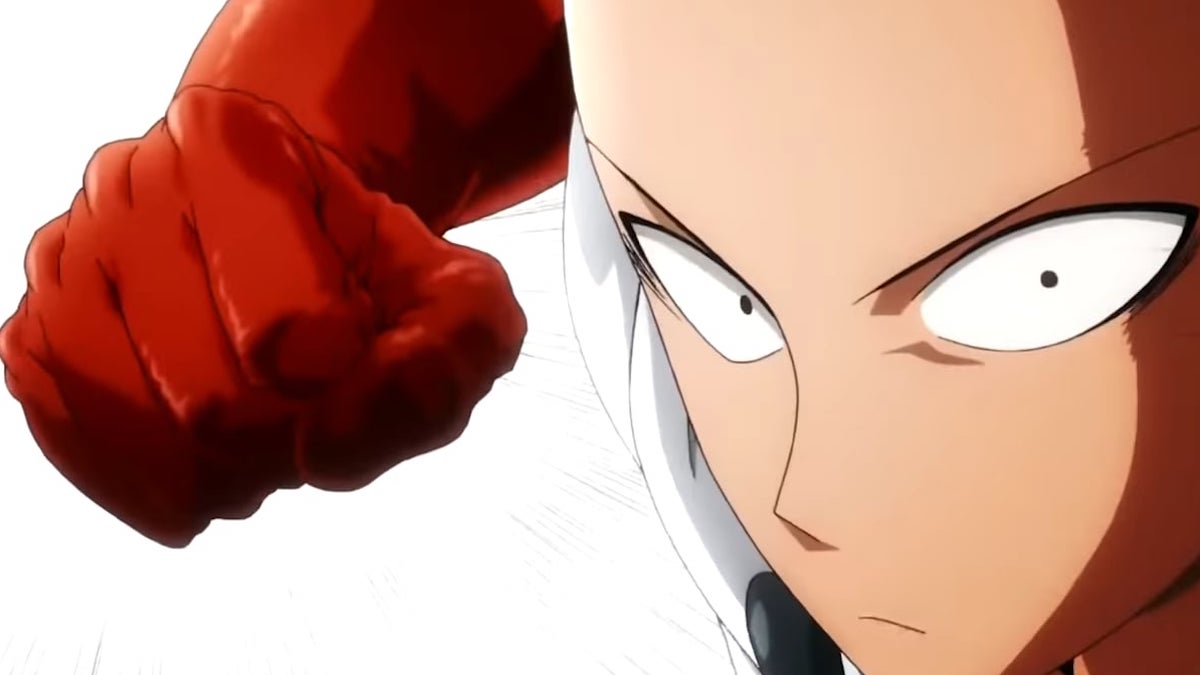
Nina introduces us to its heroine at the brink of her decline, physically and psychologically worn down by a past that we can, at this point, only assume we’ll learn about in the 90 minutes to follow. The film practically begs us to ask the question, “How did Nina Simone sink to the point of drawing a gun in a lawyer’s office over withheld royalties?” And yet, it’s never interested in giving a proper answer.
Sure, Nina – which takes place almost entirely in the iconic musician’s later years, drowning in bottles of champagne in fancy French hotels as her reputation and health quickly fall to pieces – peppers in what it seems to consider viable substitutes for backstory. Occasionally, the titular singer will pay lip service to the difficulties of being black in America in the 1960s and ’70s. Though the script grants Nina mention after mention of the turmoil of the civil rights era, she’s never permitted to contribute anything beyond what amounts to, “That was a hard time.” For as much as this film brings up American prejudice, it never actually seems to want to talk about it.
Granted, this particular characteristic is not specific to the topic of race. More noticeably, we’re run through this very same treatment in regard to Nina Simone herself, who chalks her pangs – the sort she brandishes with pride in every scene of the film – up to things like, “too much loss.” Again, in lieu of discussion, all we get is bullet points. She mentions an estranged daughter. She mentions a failed marriage. She mentions a loveless childhood. She barely – or, in some cases, never – brings these things up again, assuming we got the picture and can move on accordingly.
But if Nina doesn’t want to dwell on the past, how can we blame it? We’ve all seen our share of overarching biopics by now, and are no doubt tired of the genre’s stale routine. The problem here, then, is this same disregard for nuance and detail carry over into the film’s handling of its “present,” the denouement of her life and career.
Upon release from the psychiatric institution into which she was committed following the above mentioned episode with the gun, Nina snatches up a stoic nurse named Clifton (David Oyelowo) who’s many years her junior – though you wouldn’t know it from the way Saldana is made up, but that’s another story—who grew up on her music, and the two flee to France to lounge around and book the occasional gig.
Nina and Clifton’s relationship operates as the film’s chief focus from there on out. Despite his ascension to main character and audience surrogate, though, you’d be hard up to name anything about him other than his near perpetual frustration with his new boss and sexual aggressor. Why he tags along to begin with—is he star struck? Is he that fed up with the hospital system?—is yet another question we never quite get the answer to.
But of course, no matter how much screen time falls in the hands of Oyelowo’s Clifton, the real heart and soul of the picture is meant to be Nina.
Now, it’d be dishonest to say I didn’t approach the movie – Saldana in particular – without reservations, given the heated conversation that erupted in regard to her casting and the film’s employ of blackface. Truth be told though, Saldana’s acumen is probably the last thing Nina has to worry about; she slips effectively into Nina Simone’s irascible attitude, managing to build a fairly vivid character.
But Saldana is not getting any help in this picture; it’s not only the script that lets her down, offering too faint a story to possibly inflate her performance, but also the production. Her makeup is outrageously distracting – this coming from someone who is severely colorblind, mind you – and her age is only established by narrative context. (The artist is about 60 years old by the time Nina begins; it is never made clear, visually, that she and the ostensibly 30-odd-year-old Clifton are not peers.)
Ultimately, all the talented parties involved deserved better from Nina: Saldana, Oyelowo and, most of all, Miss Simone herself. The film claims to want to tap into the art, impact, and experiences of a cultural icon. So why doesn’t it? Yet another unanswered question.






